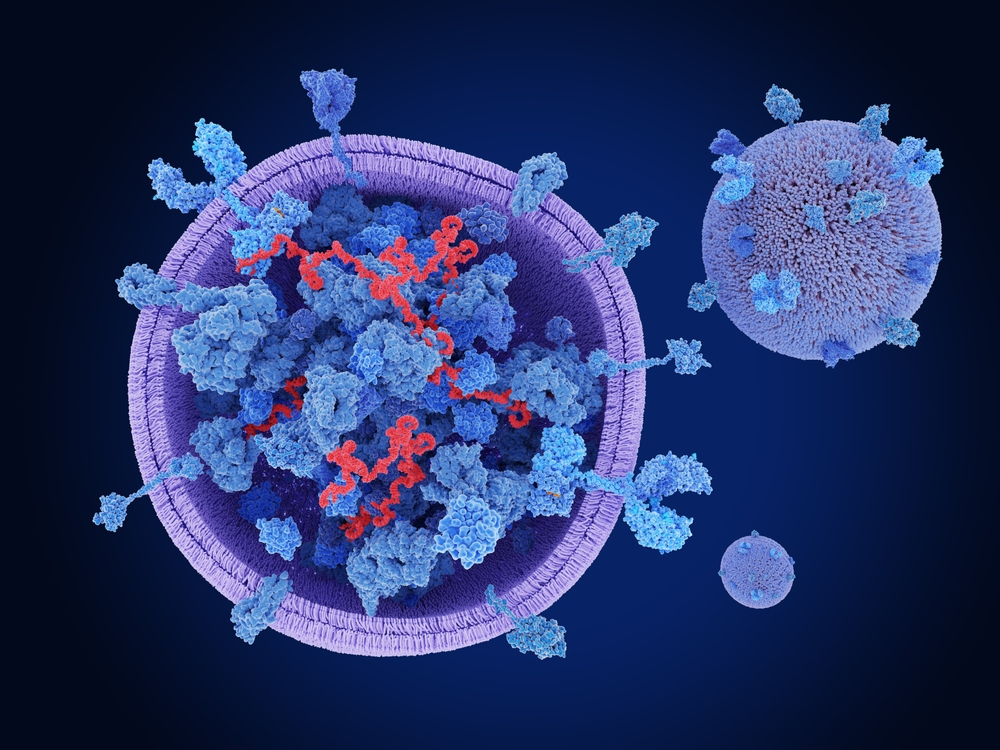Hair loss or Alopecia is a condition that affects most men at some point in their lives. As per the American Hair Loss Association, two-thirds of men experience hair loss before 35 years old, while about 85% of men experience thinning hair and hair loss at the age of 50. Male pattern baldness, also known as androgenic alopecia, is the most common cause of hair loss in men. Other causes of hair loss include lifestyle, medications, illness, harsh hair care products, chronic stress, etc.
Men usually prefer to cover up their condition with caps, wigs, hair concealers, and so on. Many men also opt for surgical hair transplant procedures for lasting results.
Causes of hair loss
- Family history of baldness – Genetics can cause male pattern baldness, a hereditary hair loss condition. The onset of male-pattern baldness can happen as early as puberty.
- Alopecia Areata – This is a medical condition where the immune system attacks the hair follicles, leading to circular bald patches on the scalp. This condition may be stress-induced.
- Medication – Medical illnesses like diabetes, thyroid, lupus, or anemia could induce hair loss. Side effects of medicines taken for the treatment of depression, cancer, high blood pressure, arthritis, etc. could also lead to hair loss, which in most cases is temporary.
- Stress and trauma – Excessive physical trauma and emotional stress can also induce hair loss.
- Hairstyles and treatments– Hair loss can also be caused by certain harsh hair treatments and products. Additionally, for men with longer hair, tight hairstyles can also cause a form of hair loss known as traction alopecia.
Risk factors
Following are some factors that can increase your hair loss risk:
- Genetics
- Age
- Unhealthy diet
- Stress
- Medical conditions( e.g. diabetes)
Hair loss treatment options
There are various hair restoration treatment options to combat hair loss. Some of the most popular options include:
- Medication – Over-the-counter drugs like Minoxidil and Finasteride are FDA-approved and widely used to treat hair loss. Minoxidil is a topical solution applied on the scalp and can initiate new hair growth. Finasteride is a pill that is shown to slow down the hair fall rate.
- Hair Restoration Surgery –The two most prominent forms of hair transplant surgery are FUE (Follicular Unit Extraction) and FUT (Follicular Unit Transplantation).
- Follicular unit extraction (FUE) – Individual hair follicles are extracted from the donor area on the scalp and transplanted into tiny incisions across the balding area.
- Follicular unit transplantation (FUT) – Unlike FUE, a strip of skin is extracted from the back of the scalp instead of individual hair follicles. The skin strip is dissected into follicular grafts and inserted into incisions on the recipient area.
Prevention measures
Hair loss typically occurs due to male-pattern baldness, caused due to genetics, and cannot be prevented. To prevent other forms of hair loss, you can take the following measures:
- Make some lifestyle and diet changes, like having a healthy diet, avoiding smoking, and limiting your alcohol consumption.
- Be gentle while combing your hair – avoid combing or brushing wet hair.
- Stay away from harsh treatments like chemical bleach, curling irons, hot rollers, etc.
- Avoid hairstyles that tug at the scalp, such as tight ponytails and braids.
- Use cold water for washing your hair instead of hot water.
- Protect your hair from pollution and sunlight by wearing a cap or a scarf when you go out.
- Get any medication or supplements you take checked by your doctor to ensure they do not induce hair loss.
Dr. Emil Shakov, MD, FACS, and our team at the New Jersey Hair Restoration Center can guide you to get a customized and superior quality hair transplant in New Jersey. Dr. Shakov is a board-certified aesthetic surgeon specializing in hair restoration and has trained with the well-known Hair Transplant 360 program in FUE and FUT treatment. He is a prominent hair transplant doctor in NJ. Contact us today for all your hair loss related queries.


